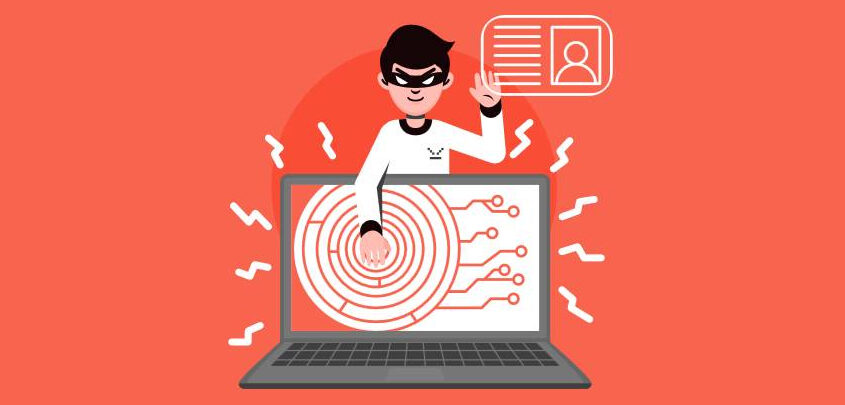
18, Jan, 2024
Unmasking the Threat: Cyber Scams Exploiting Mental Health Professionals
In recent times, counselors and psychiatrists have become unsuspecting targets of a cunning phone scam, revealing a dark side to the vulnerabilities within their profession.
A seemingly harmless call requesting counselors services serves as the gateway for scammers to manipulate the compassionate nature of these mental health professionals. Exploiting their altruistic instincts, scammers fabricate urgent needs, posing as representatives from an army public school seeking immediate assistance for students grappling with emotional turmoil and career guidance
How Does the Scam Unfold?
The modus operandi involves overwhelming mental health professionals with a barrage of urgent requests, often promising a substantial number of students in need of counseling. This volume of fabricated cries puts these professionals in a vulnerable position.
Perpetrator’s Goal: Financial Fraud
The primary goal of these scammers is to execute financial fraud by extracting sensitive information and money, typically claiming an inability to send payment. In a deceptive twist, they request mental health professionals to make a small payment, creating a false sense of urgency under the guise of a technical error. The scammers cleverly promise to rectify the payment issue by reimbursing the amount on the same ID after receiving the initial payment. This strategy aims to create confusion and pressure, pushing professionals to expedite the deal, which leads to the victim losing money.
Advanced Deception Tactics: Posing as Government Officials
To further deceive mental health professionals, these scammers employ sophisticated tactics. They share fake identity cards, pose as fake army personnel during calls or video calls, and create an illusion of legitimacy. This advanced level of deception makes it challenging for professionals to discern the fraudulent nature of the interaction.
Scammer’s Stealth Tactics: A Blessing in Disguise
To cloak their malevolent activities, scammers leverage encrypted messaging applications like WhatsApp and Telegram. These platforms provide a virtual fortress of anonymity, shielding the identity of the perpetrator. The encrypted nature not only facilitates secretive communication but also poses a challenge for authorities to trace the origin of the scam.
Staying Safe: Guidelines for Mental Health Professionals
- Double-Check Requests : Scrutinize the legitimacy of urgent requests, ensuring they align with ethical norms. Cross-check and request formal details and information before proceeding.
- Secure Communication : Utilize trusted and secure communication channels to exchange sensitive information. Prefer using emails to communicate and request necessary details before raising an invoice.
- Stay Cautious : Exercise caution in the face of rapid deals and requests for sensitive data. Take the time to verify details before committing your services, and gather complete information about the person/organization before proceeding.
Community Vigilance: Strengthening Defenses
Many mental health professionals have reported encountering similar offers and unusual service requests from fake representatives. Establishing open communication within the mental health community and collegaues allows professionals to share insights and collectively identify potential scams. Discussing such instances within the community acts as an early warning system, providing an additional layer of defense against potential threats.
Conclusion: Navigating the Digital Landscape
As technology evolves, mental health professionals must adapt and remain vigilant against the evolving threat of cyber scams. Simple yet effective measures, such as verifying requests, employing secure communication, and maintaining cautiousness, can significantly fortify defenses against these insidious online schemes. In the delicate realm of mental health, safeguarding against cyber threats becomes paramount to ensure the well-being of both professionals and those seeking assistance.
